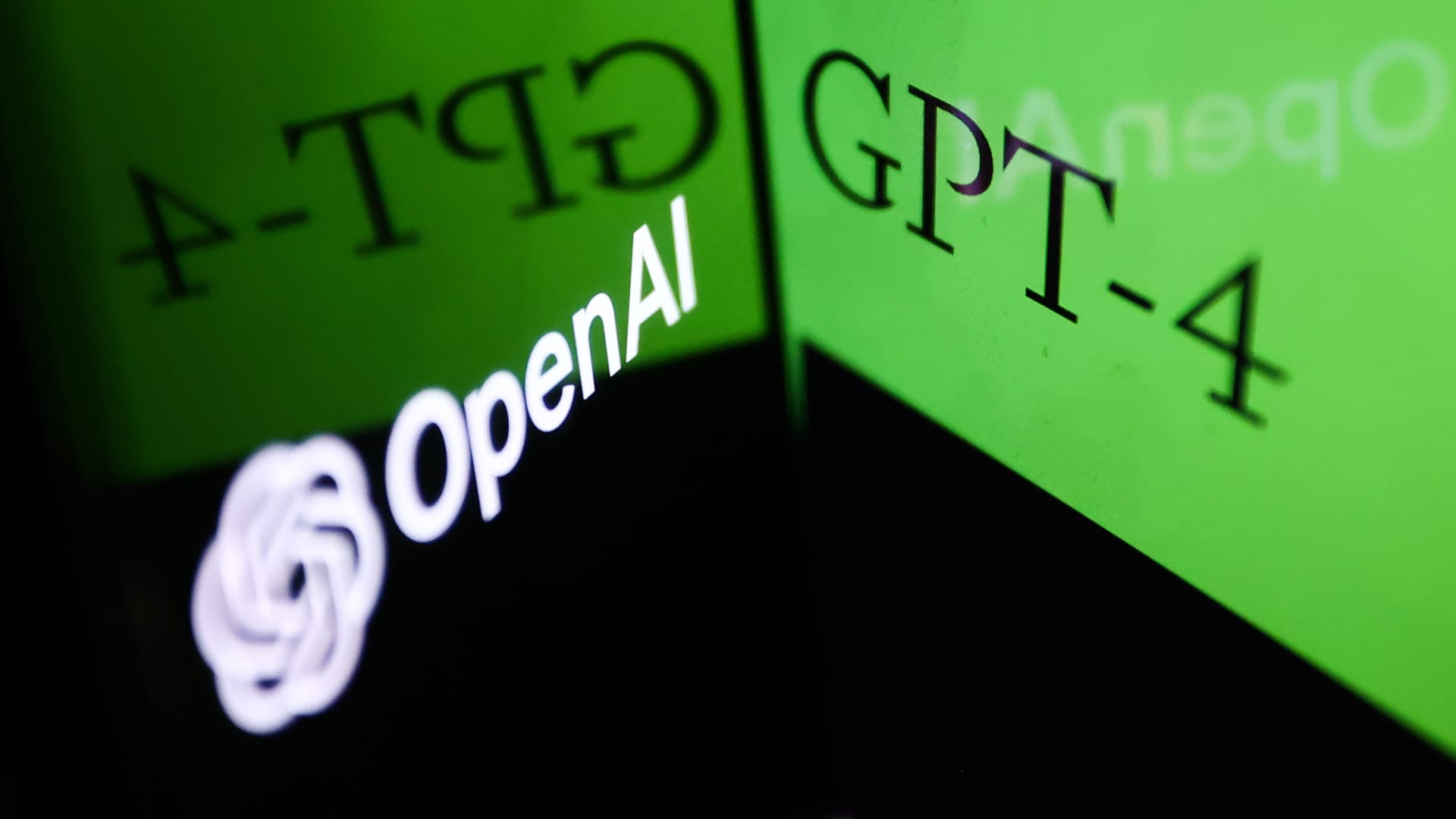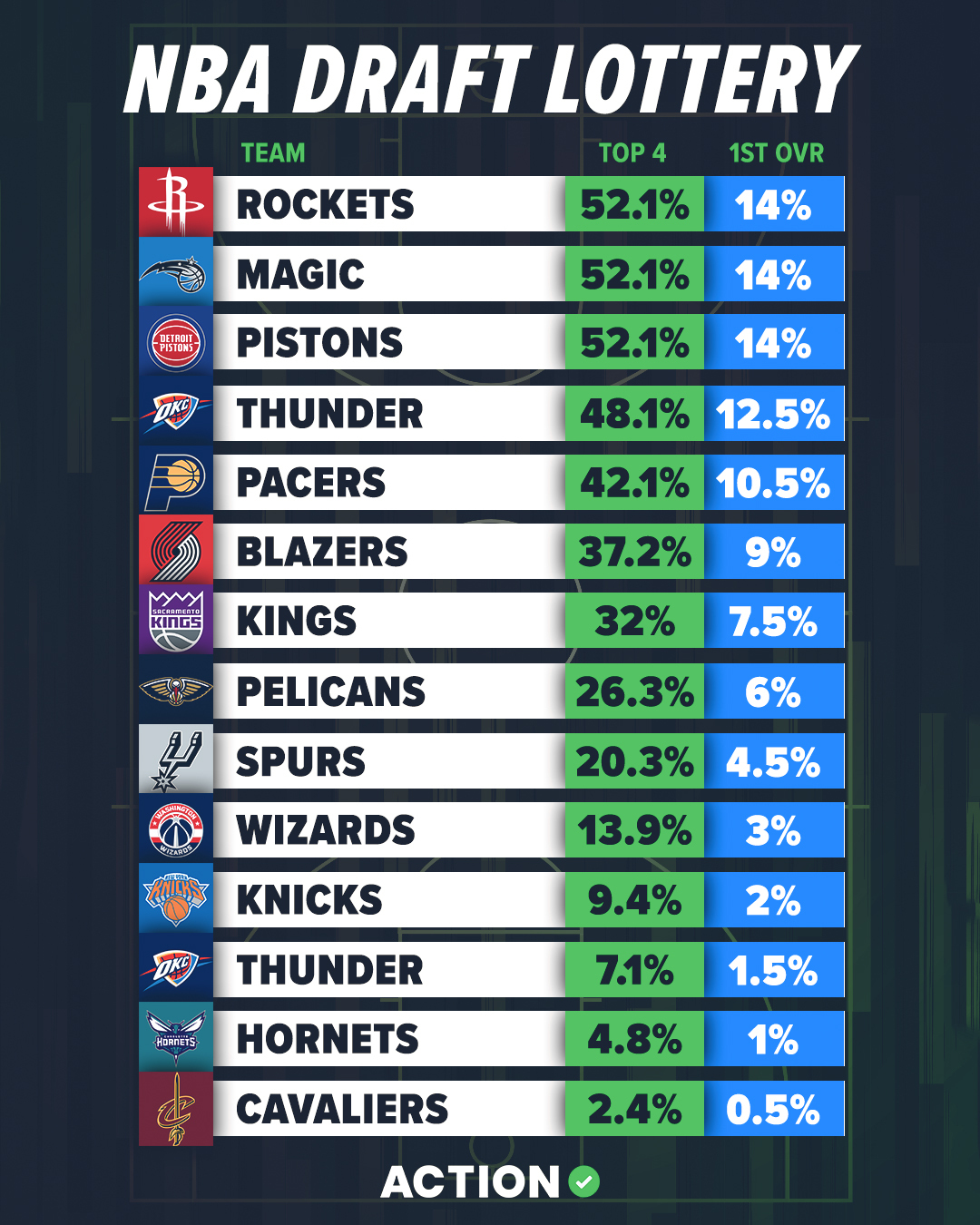Federal Trade Commission Opens Probe Into OpenAI And ChatGPT

Table of Contents
The FTC's Investigation: Focus and Concerns
The FTC, tasked with protecting consumers and preventing anti-competitive business practices, possesses broad authority to investigate unfair or deceptive business practices. Their investigation into OpenAI and ChatGPT stems from growing concerns surrounding the potential for harm caused by powerful AI technologies.
The FTC's concerns likely center on several key areas:
-
Unfair or deceptive practices related to ChatGPT’s outputs: ChatGPT, while impressive, can sometimes generate inaccurate, misleading, or even harmful information. This raises questions about whether OpenAI has adequately addressed the potential for deceptive practices stemming from its AI chatbot. The FTC may investigate whether OpenAI adequately disclosed the limitations of ChatGPT and its potential for generating false information.
-
Potential violations of data privacy laws: The training data used to build ChatGPT, and the data collected through its usage, raises serious data privacy concerns. The FTC will likely scrutinize OpenAI's data collection practices, data security measures, and compliance with relevant privacy regulations like COPPA (for children's data) and the CCPA/CPRA (for California residents' data). Issues of consent, data minimization, and data security will be central to this aspect of the investigation.
-
Concerns about algorithmic bias and discrimination: AI models like ChatGPT can inherit and amplify biases present in their training data. The FTC is likely concerned about the potential for ChatGPT to perpetuate or exacerbate existing societal biases, leading to discriminatory outcomes. This involves examining the fairness and equity of ChatGPT’s outputs across different demographic groups.
-
The potential for misuse of ChatGPT to spread misinformation: The ease with which ChatGPT can generate convincing but false information poses a significant risk for the spread of misinformation and disinformation. The FTC's investigation will likely explore OpenAI’s efforts to mitigate this risk, including measures to detect and prevent the generation of harmful or misleading content.
While an official statement from an FTC official regarding the specifics of their investigation into OpenAI hasn't been publicly released at this time, the seriousness of the action itself speaks volumes about the regulatory concerns surrounding this rapidly developing technology.
OpenAI's Response and Potential Actions
OpenAI has not yet released a detailed public statement specifically addressing the FTC investigation, but given the nature of the inquiry, they are likely already taking steps to address the FTC's concerns. Potential actions OpenAI may undertake include:
-
Increased investment in data privacy measures: This could involve strengthening data encryption, implementing more robust access controls, and enhancing transparency about data usage. Further development and implementation of privacy-enhancing technologies (PETs) are also a possibility.
-
Implementing more robust bias mitigation techniques: OpenAI might invest in advanced techniques to detect and mitigate biases in its AI models. This could involve refining training data, developing better bias detection algorithms, and potentially incorporating human oversight in the model's development and deployment.
-
Improving user controls and transparency regarding data usage: Providing users with greater control over their data and more detailed information about how their data is used is crucial. This may involve clearer and more accessible privacy policies and user-friendly data management tools.
-
Strengthening safety protocols to prevent misuse: Implementing more sophisticated safety protocols to prevent malicious use of ChatGPT and to detect and mitigate the generation of harmful content. This could include improved content filters, enhanced monitoring systems, and potentially human review processes for potentially sensitive queries.
Broader Implications for the AI Industry
The FTC's investigation into OpenAI and ChatGPT will have far-reaching implications for the entire AI industry.
-
Increased scrutiny of other AI developers and companies: This investigation sets a precedent for increased regulatory scrutiny of other companies developing and deploying similar AI technologies. Expect to see heightened attention to responsible AI development and deployment across the board.
-
Potential for stricter regulations and guidelines surrounding AI development and deployment: The outcome of the FTC's investigation could lead to the development of new regulations or guidelines related to AI safety, transparency, and accountability. This could involve stricter standards for data privacy, bias mitigation, and content moderation.
-
Impact on innovation and investment in AI: While increased regulation might slow down innovation in some areas, it could also stimulate investment in responsible AI development and foster greater trust in AI technologies. A balanced regulatory approach is critical to ensure that AI development continues while mitigating associated risks.
-
The need for responsible AI development and ethical considerations: The investigation highlights the urgent need for the AI industry to prioritize responsible AI development and ethical considerations. This includes proactively addressing issues such as bias, fairness, transparency, and accountability.
The Future of AI Regulation
The FTC's action signals a shift towards a more proactive and regulatory approach towards AI. The future will likely see increased debate and development of legislation and regulatory frameworks specifically addressing AI. This includes conversations at both the national and international levels. The US government, and governments worldwide, will need to find a balanced approach that fosters innovation while mitigating the risks associated with powerful AI technologies.
Conclusion
The FTC's probe into OpenAI and ChatGPT signals a turning point in the regulation of artificial intelligence. This investigation highlights critical concerns around data privacy, algorithmic bias, and the responsible development of powerful AI technologies. The outcome of this probe will significantly impact not only OpenAI but the entire AI industry, shaping the future of AI regulation and development.
Call to Action: Stay informed about the evolving landscape of AI regulation by following further updates on the FTC's investigation into OpenAI and ChatGPT. Understanding the implications of this probe is crucial for anyone involved in or impacted by the rapid advancement of artificial intelligence. Keep an eye out for updates on the FTC investigation of OpenAI, the ongoing debate on ChatGPT regulation, and the broader discussion surrounding AI regulation.

Featured Posts
-
 Is There Insurance For Self Defense Shootings What You Need To Know
May 13, 2025
Is There Insurance For Self Defense Shootings What You Need To Know
May 13, 2025 -
 Doom The Dark Ages Price Drop 17 Discount
May 13, 2025
Doom The Dark Ages Price Drop 17 Discount
May 13, 2025 -
 Aryna Sabalenkas Miami Open Victory 19th Wta Title
May 13, 2025
Aryna Sabalenkas Miami Open Victory 19th Wta Title
May 13, 2025 -
 Nba Draft Lottery 2024 Betting Odds Focus On Toronto Raptors And Cooper Flagg
May 13, 2025
Nba Draft Lottery 2024 Betting Odds Focus On Toronto Raptors And Cooper Flagg
May 13, 2025 -
 Hostage Fathers Message Of Strength To His Son
May 13, 2025
Hostage Fathers Message Of Strength To His Son
May 13, 2025
